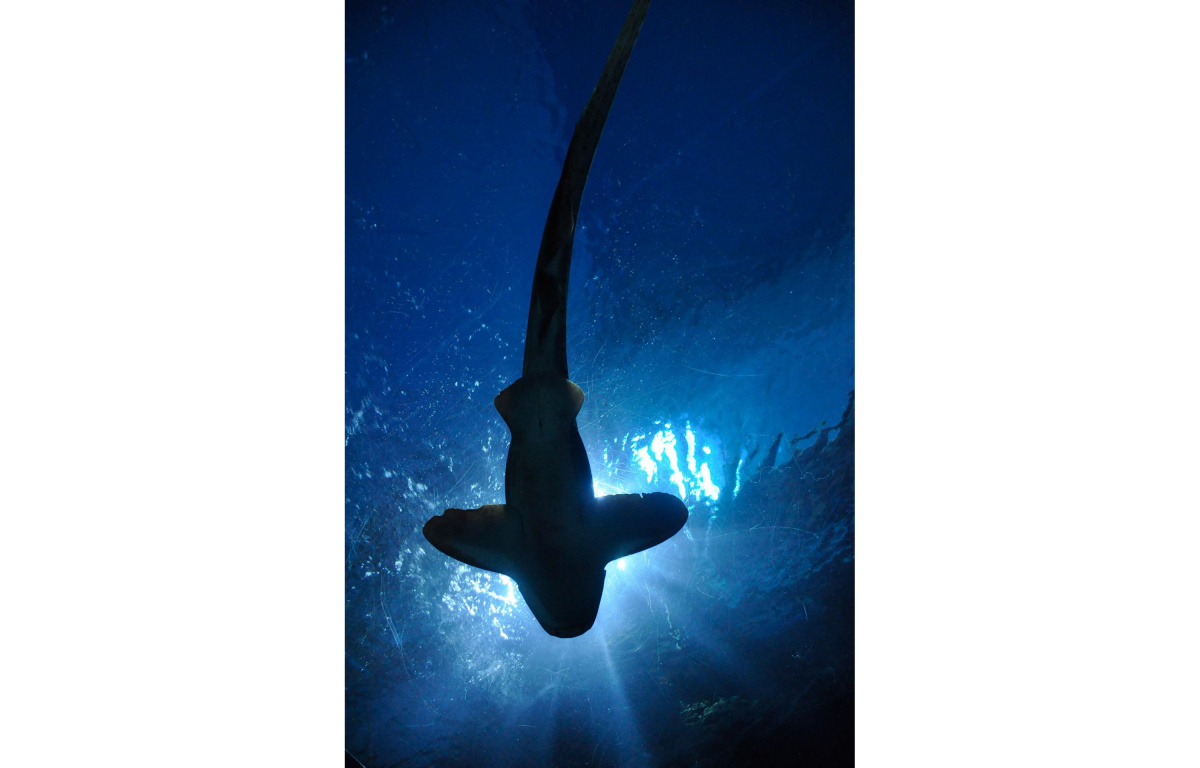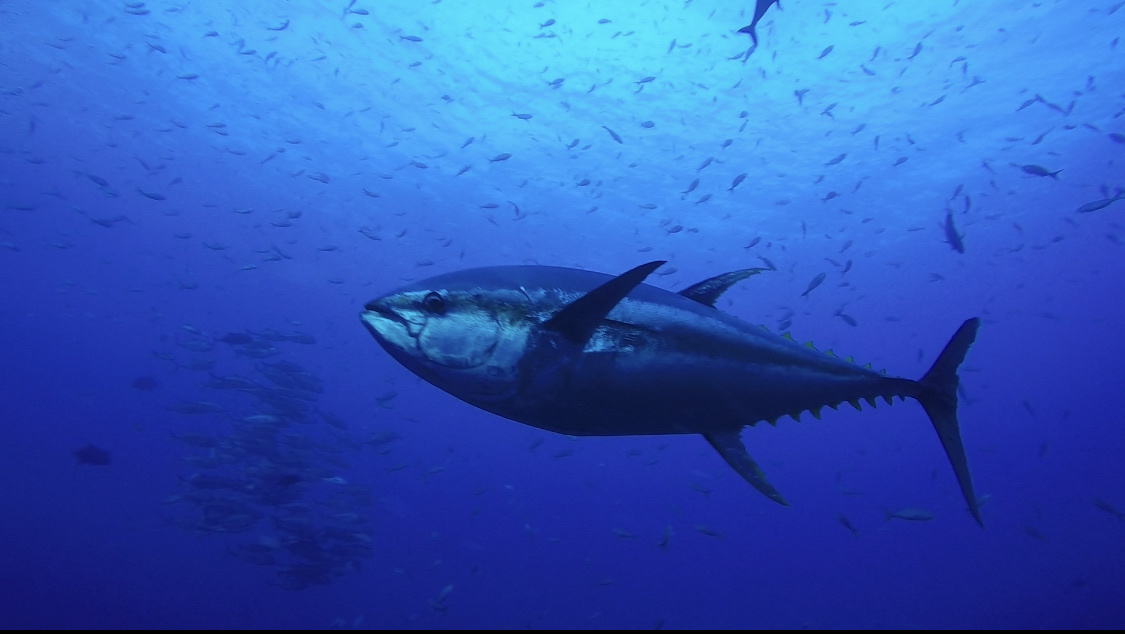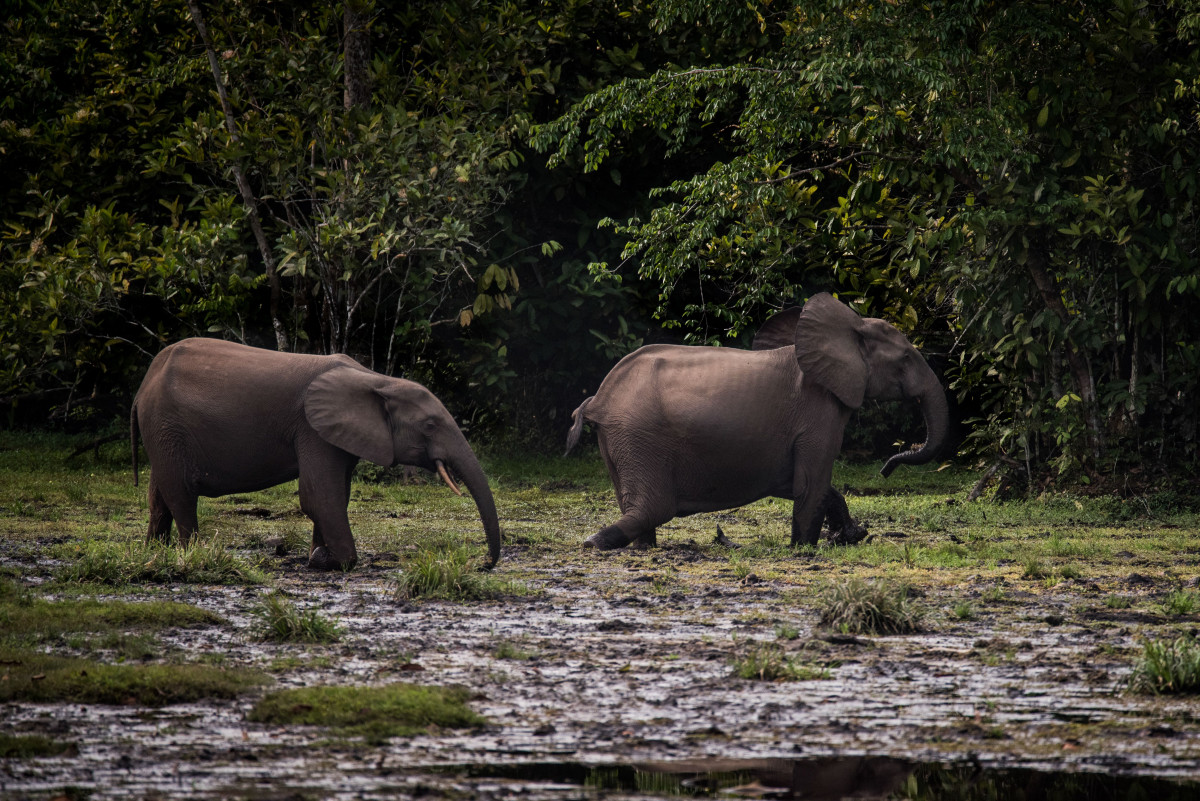Important Shark and Ray Areas news
The IUCN SSC Shark Specialist Group has developed the foundations for an expert-driven innovative approach to ensure that discrete portions of habitats, critical to shark species, are delineated and used in various place-based conservation and management initiatives across the world’s ocean. The group was supported by the IUCN Ocean Team and the IUCN Task Force on Marine Mammal Protected Areas.

Photo: public domain pictures, pixabay
Since December 2021, a small team of marine scientists has dedicated time to create the criteria that will help delineate areas that are critical to the persistence of sharks, rays, and chimaeras globally – the Important Shark and Ray Areas (ISRA) criteria. Though the idea has been around for a few years, this team is the first to begin structuring the criteria in detail. In April 2022, the ISRA Team met, at the International Union for Conservation of Nature (IUCN) headquarters in Gland, Switzerland, to focus on the development of the ISRA criteria, which will become the foundation on which ISRAs are identified globally. These draft criteria are currently being finalized with the preparation and submission of a peer-reviewed publication, and will be presented at the International Marine Protected Areas Congress (IMPAC5) in Vancouver, Canada in February 2023.
Draft ISRA Criteria have been developed based on input and discussions from two workshops held online in January 2022, attended by 110 global shark and biodiversity experts and a third workshop, held in February 2022, attended by 57 global policy experts. . These workshops focused on highlighting the rationale and need for ISRAs, the implementation process of Important Marine Mammal Areas (IMMA) as an example of a spatial approach, and a comparative analysis of the selection criteria of existing area-based approaches and ecological networks (Important Bird and Biodiversity Areas (IBAs), Ecological and Biological Significant Areas (EBSAs), Key Biodiversity Areas (KBAs), and IMMAs) and their applicability to sharks, and provided input on considerations and strategies to assist adoption of ISRAs into national and regional policy in the future.
WHY ARE IMPORTANT SHARK AND RAY AREAS NEEDED?
Sharks, rays, and chimaeras (‘sharks’) are facing a global extinction crisis. According to the IUCN Red List of Threatened Species TM, it is now estimated that over one-third of sharks are threatened with extinction. This makes sharks one of the most threatened taxon in the marine environment, second only to Amphibians, at the global scale.
Sharks are particularly susceptible to fishing pressures and habitat-associated threats (e.g., destruction or degradation of areas like mangrove removal or deep-sea mining). We know that sharks in all global waters (marine and freshwater) are increasingly under threat, therefore greater efforts to increase shark management and conservation are needed. A place-based conservation approach, like ISRA, can therefore play a critical role in halting these declines and guiding the development of conservation and management measures in the future which can be by sheltering populations from fishing pressure as well as habitat changes.
WHAT ARE ISRAs?
ISRAs are “discrete, three-dimensional portions of habitat, critical for one or more shark species, that are delineated and have the potential to be managed for conservation”. The identification of ISRAs is an evidence-driven, purely biocentric process based on the application of scientific criteria which is supported by the best available science. This makes ISRAs completely independent from any political pressures. Important to note is that ISRAs are not marine protected areas (MPAs). They have no legal or regulatory mandate associated with them. ISRAs are therefore completely removed from the regulation or mitigation of any human-based activities that may be occurring. However, one of ISRA’s main goals is to attract the attention of policy- and decision-makers who develop these MPAs so that the need of maintaining the favourable conservation status of sharks in those specific areas is highlighted through the design implementation of the most appropriate management measures
Criteria have therefore been designed to capture important aspects of shark biology, ecology, and population structure and to encompass multiple aspects of species vulnerability, distribution, abundance, and key life cycle activities, as well as areas of high diversity and endemicity. With the finalisation of the ISRA Criteria expected to occur before the end of 2022, ISRAs will soon move forward to assess the first region against these criteria and identify the first ISRA in the world.
 Photo: IUCN
Photo: IUCN
Above, the ISRA Team (left to right): Dr Brittany Finucci (Fisheries scientist at the New Zealand National Institute of Water and Atmospheric Research (NIWA)); Dr Rima Jabado (IUCN SSC Shark Specialist Group Chair); Sarah Fowler (Save Our Seas Foundation Scientific Advisor); Lynn Sorrentino (Workshop organiser, IUCN Ocean Team Programme Officer)Dr Giuseppe Notarbartolo di Sciara (Co-Chair IUCN Joint SSC/WCPA Marine Mammal Protected Areas Task Force) and Ciaran Hyde (ISRA Researcher), Additionally, Dr Peter Kyne (Senior Research Fellow at Charles Darwin University) joined the discussions online. The ISRA Team member Guido Leurs was on a field mission in Africa and could not attend.
More information is available at:
Twitter: https://twitter.com/SharkRayAreas
Facebook: https://www.facebook.com/SharkRayAreas



